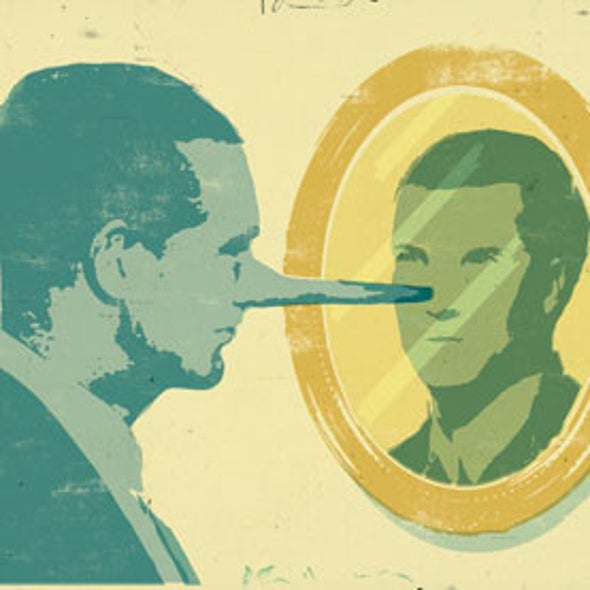
In a press release, the City of Seattle announced the implementation of the nation’s first policy governing the use of police patrol ruses.
Mayor Bruce Harrell directed the SPD to develop the new policy. It comes a few years after a Seattle officer’s ruse contributed to the suicide of a hit-and-run driver in 2018. Another controversial ruse was when officers created fake radio traffic to try and get protesters away from the CHAZ/CHOP zone in 2020. Those cases undermined the public’s trust and confidence in police, according to the SPD.
“Effective public safety requires community buy-in, and this new policy is an important step to build understanding with the public, demonstrating that for SPD operations to be successful, they must be paired with a commitment to unbiased, constitutional policing . . .This innovative new policy will lead to better police work thanks to the voices of many, including the media who brought attention to this tactic, community members who called for guidelines to match our values, and Seattle accountability and police leaders who developed a plan to make that vision real.” ~Seattle Mayor Bruce Harrell
WHAT IS THE “RUSE POLICY?”
The Ruse Policy recognizes that while this tactic may be necessary in specific situations to support public safety, the need and conditions for its use should be strongly and clearly defined. The new ruse policy sets substantial guardrails around the use of ruses, limiting the use by patrol officers to these five scenarios:
- De-escalation,
- To calm or provide comfort to a person,
- To promote the safety of any person,
- Scene management, or
- To bring potentially violent situations to a peaceful resolution.
Additionally, patrol ruses may not be broadcast over radio, social media or any other mass media format, the new policy states. No patrol ruse may involve officers making or implying promises regarding prosecution or filing decisions, and patrol ruses that shock the conscience will not be used.
The policy defines appropriate uses of ruses for de-escalation and investigation, while also creating clear accountability through requirements for documentation, supervisor approval, and protections for juveniles. The policy prohibits ruses broadcast via mass media or false promises regarding prosecution, as well those that plainly “shock the conscience.”
“The Seattle Police department engaged in an in-depth review on the use of ruses, facilitated by the Office of the Inspector General. This first-in-nation policy balances the legitimate use of deception, especially for de-escalation and the safety of all persons, with supervision, documentation, and clear prohibition of ruses that compromise public trust.” ~Seattle Police Chief Adrian Diaz.
The policy will continue to be evaluated and refined based on the now required documentation and new data. The policy also provides an objective standard by which officers’ conduct can be evaluated, creating a framework to hold them accountable when violations occur.
My opinion? Seattle’s Ruse Policy is indeed a novel step in the right direction. Even better, it should only be applied under limited circumstances.
However, intriguing legal issues arise. Can a criminal charge be dismissed if the defendant reasonably relied on a ruse from a police officer? In other words, but for the ruse, would a crime have been allegedly committed? If so, then a defendant’s reliance on a ruse can be Entrapment.
Under Washington law, Entrapment is a defense to criminal charges if the criminal design originated in the mind of police and the defendant was lured or induced to commit a crime that the defendant had not otherwise intended to commit.
Please contact my office if you, a friend or family member are charged with a crime. Hiring an effective and competent defense attorney is the first and best step toward justice.






